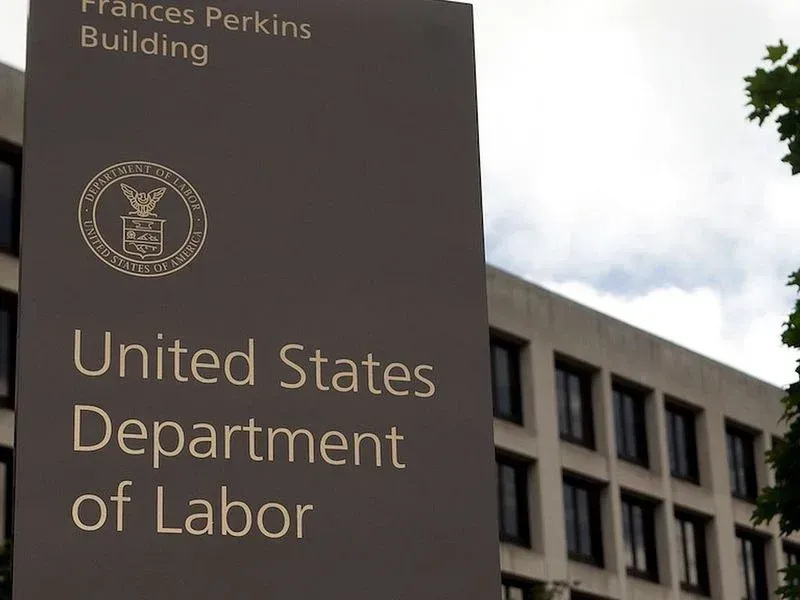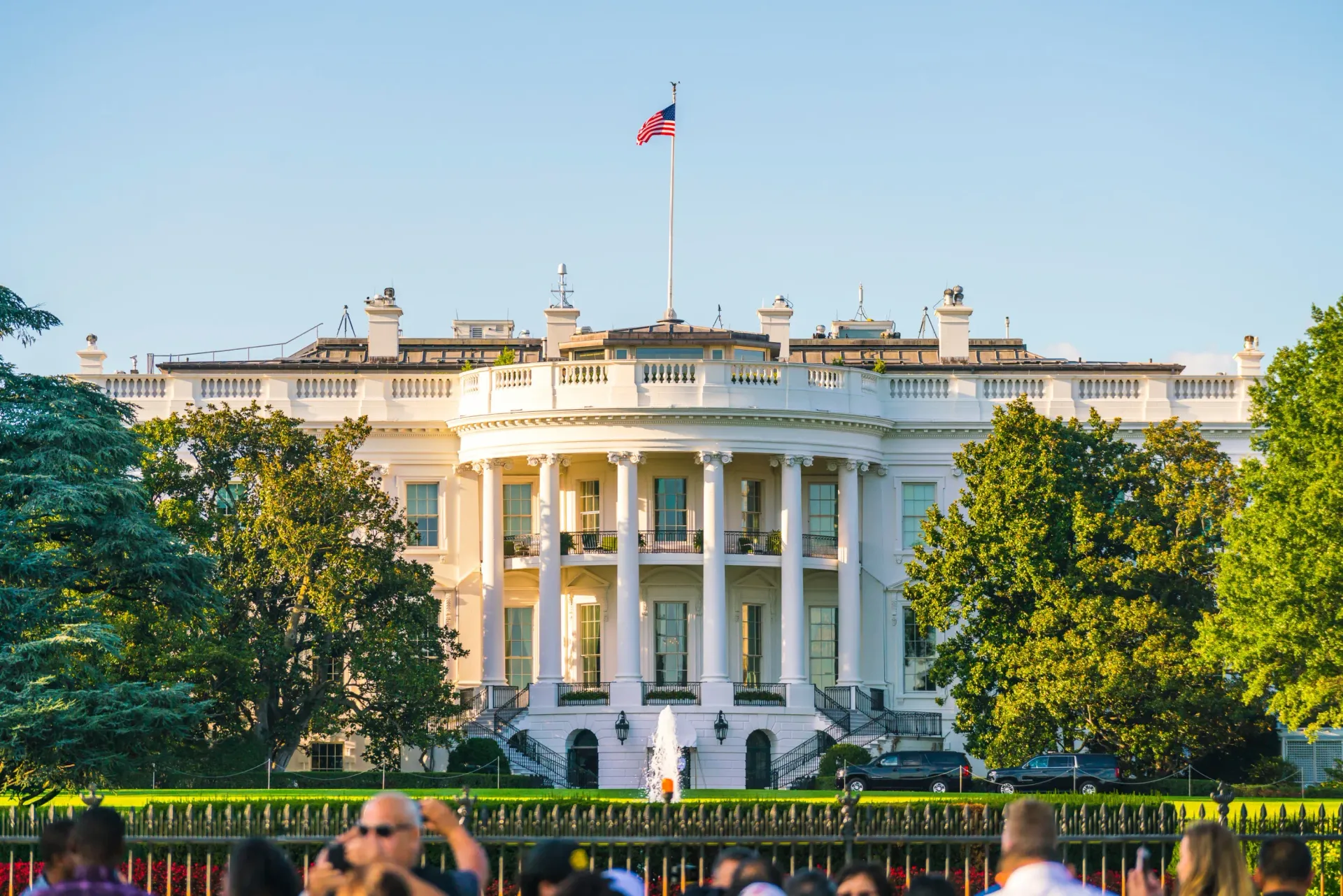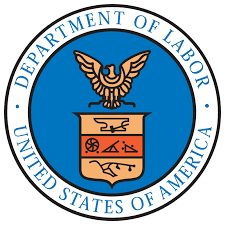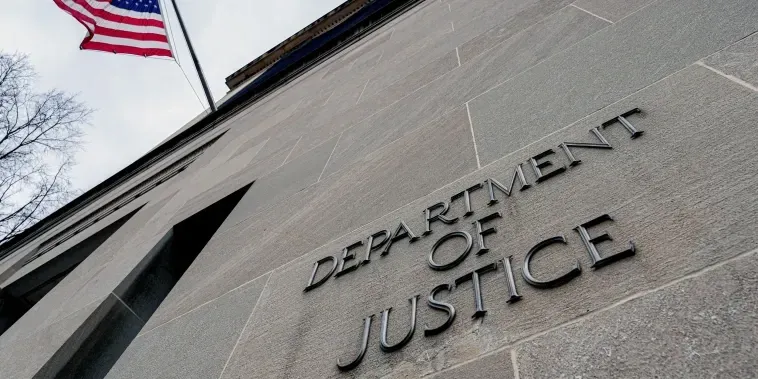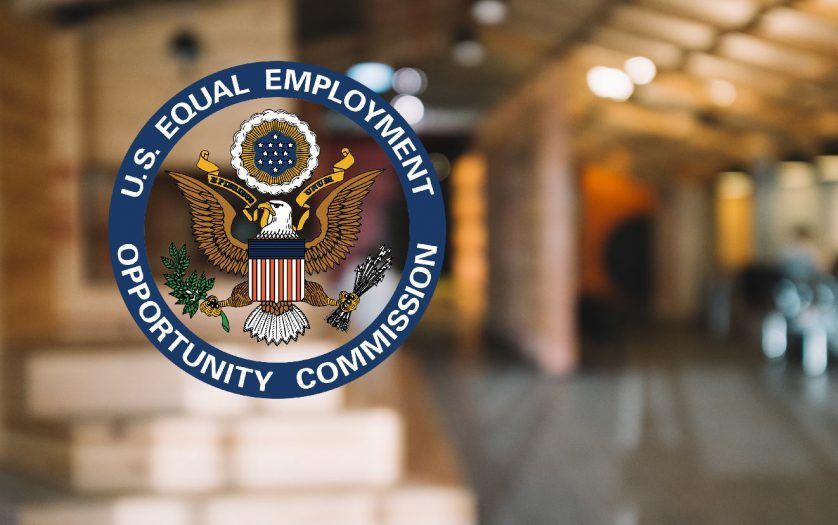EEOC Issues Final Rules Governing Employee Wellness Programs and Antidiscrimination Laws
On May 17, 2016, the Equal Employment Opportunity Commission (EEOC) issued two final rules (available here) that establish the extent to which employers may offer incentives to encourage employees and their spouses to participate in corporate wellness programs. The rules offer guidance on the degree to which employers may, consistent with Title I of the Americans with Disabilities Act (ADA) and Title II of the Genetic Information Nondiscrimination Act (GINA), inquire about health and disabilities or conduct medical examinations as a pre-condition to receiving incentives for wellness programs. The new regulations allow employer-sponsored wellness programs to move forward, provided that employers follow EEOC’s roadmap designed to safeguard against discrimination.
While the final rules track the proposed rules in many respects, they contain a few significant changes that will limit the incentives employers may offer employees and their spouses to participate in wellness programs. The final rules will go into effect on January 1, 2017.
The EEOC’s final rules are intended to harmonize the Health Insurance Portability and Accountability Act (HIPAA), the Patient Protection and Affordable Care Act (ACA) and the joint regulations issued by the Departments of Labor, Health and Human Services, and Treasury (the “Tricare regulations”). Although the ACA permits employers to offer financial incentives to encourage participation in wellness programs, there has been a tension between the incentives allowable under the ACA and Tricare regulations and those permitted under the ADA, which precludes employers from making medical inquiries or conducting medical examinations on employees unless they are part of a “voluntary” health program. There has also been tension with GINA, which limits employers’ ability to ask questions about an employee’s family medical history. In order to address these inconsistencies, the EEOC proposed rules in April 2015 to carve out a narrow exception to the ADA in order to allow employers to gather this information as part of a wellness program. In October 2015, the EEOC proposed rules addressing the extent to which employers may properly offer incentives to an employee’s spouse to participate in a wellness program.
The most important changes from the proposed rules and the most significant changes from the ACA and Tricare regulations are:
- Limits on Financial Incentives EEOC declined to revise financial incentive limits to make them consistent with those established in the Tricare regulations. In addition, employers will no longer be able to offer the same level of financial incentives to employees with family coverage as currently permitted under the ACA.
- ADA Employers may only offer financial incentives of up to 30% of the total cost of self-only coverage premiums. This is contrary to the ACA, which permits employers to offer financial incentives of up to 30% of the plan premium in which the employee and any family members are enrolled.
- GINA Spousal incentive are limited to up to 30% of the total cost of ?self-only? coverage under the group plan.
- Tobacco Cessation Employers may not offer enhanced incentives for programs aimed at curbing tobacco use if the program tests for the presence of nicotine. Under the Tricare regulations, employers may offer incentives of up to 50% of the cost of coverage for smoking cessation.
- New Rule Applies More Broadly The proposed rules only applied certain provisions, such as limits on financial inducements to wellness programs that were that were part of a group plan. The EEOC revised the proposed rule so that the entire rule now applies any employer-sponsored wellness program that offers incentives and asks disability-related questions or requires medical examinations, including a program offered outside a group health plan or a program offered by an employer who does not provide group health insurance.
- Notice/Confidentiality The proposed notice and confidentiality provisions will apply to wellness programs regardless of whether they are offered as part of a group health plan or offered as a benefit by employers that do not offer group health insurance to their employees.
- ADA Employers must provide participating employees with a notice that explains what information will be collected as part of a wellness program, with whom the information will be shared and for what purpose, limits on disclosure, and how personal health information will be kept confidential.
- GINA The new rule includes statutory notice and consent provisions for health and genetic services provided to employees and their family members.
- Reasonably Designed Standard As in the proposed rule, employee health programs must be reasonably designed to promote health and prevent disease. Employers protested that the requirement, which gives the EEOC the opportunity to determine the worthiness of an employer wellness program, is not only duplicative of the ACAs existing requirements, but goes well beyond the civil rights agency's area of expertise and statutory authority.
- ADA Safe Harbor Despite two court decisions to the contrary, the EEOC reaffirmed its position that the ADA safe harbor would not apply to wellness programs that are part of a group health plan.
There are a few silver linings for employers:
- No Affordability Standard - Although the EEOC did not include an ?affordability standard? in the proposed rule, the Commission requested public input on whether one would help the agency determine whether a wellness program is voluntary under the ADA.
- No Prior Written Authorization - The agency declined to include a requirement in the final rule that employees provide prior written and knowing authorization. Employers argued that such authorization was unnecessary and would only increase administrative and compliance costs.
With the new rules in place, employers should review their wellness plans to determine if they fall within the limited permissible exceptions to the ADA and GINA. While the intent of rules is to offer clarity, they can also blur some lines on a plan-by-plan basis-as often happens in the regulatory space. Employers need to remain vigilant that their plans are compliant.
If you have any questions, please contact Leslie Silverman, or your FortneyScott attorney with whom you work.

